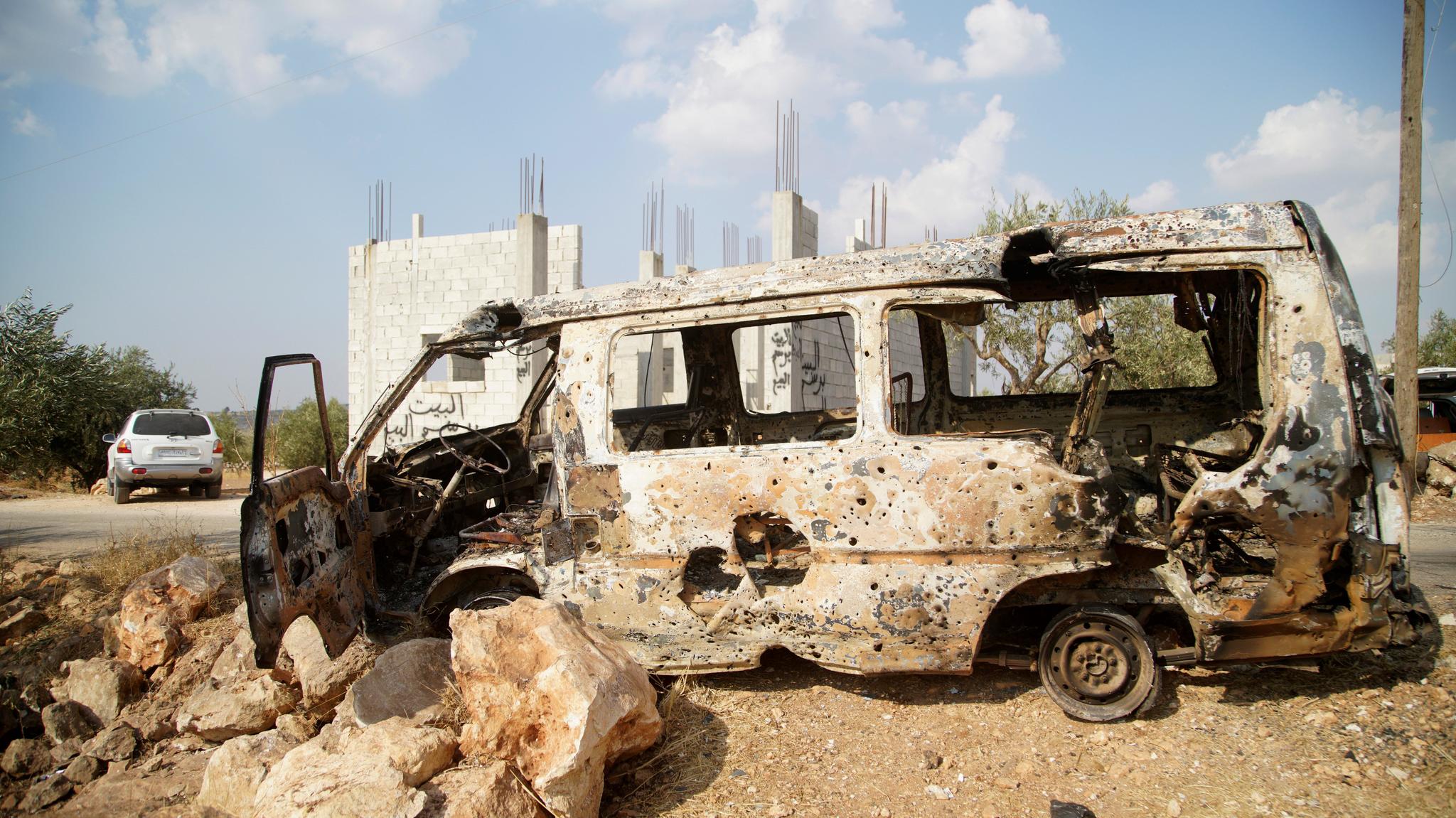- Syria: The Islamic State also loses its spokesman but wins a successor
As it did with Osama bin Laden, the United States "completely" removed the mortal remains of the leader of the Islamic State (IS) terrorist group , Abu Bkar Al Bagdadi, after proving his identity after his death, on the 26th, in an operation military in northwestern Syria, the Pentagon reported Monday.
"The remains of Al Bagdadi were transported to a secure facility to confirm their identity with forensic DNA tests and the removal of their remains was carried out, completed and carried out in an appropriate manner," explained the head of the Joint Chiefs of Staff of the US Armed Forces, Mark Milley, at a press conference at the Pentagon, according to Efe.
Milley did not detail the process that followed to eliminate the mortal remains of Al Bagdadi, but he did specify that there are videos and photos of the moment of the assault on the enclosure, located in a place near the border of Syria with Turkey where he was with several of his children and his men. Later, Pentagon sources admitted that they threw Al Baghdadi's remains into the sea after practicing a Muslim religious rite.
"During the mission, the US troops infiltrated helicopters and, once we secured the objective, the assault forces entered and the threats were quickly eliminated," the military argued. Subsequently, US forces "discovered Al Bagdadi hiding in a tunnel," they chased him and the terrorist detonated a suicide vest that was attached to his body .
According to two Department of Defense officials cited on Monday by the CCN television network, the remains of the IS founder were thrown into the sea, following the same protocol that was used after the death of Al Qaeda leader Osama Bin Laden, in 2011, although the Pentagon did not confirm it.
Milley made his story accompanied by US Defense Secretary Mark Esper, who described as "brave" the decision of US President Donald Trump to give the green light to such a complicated operation in Syrian territory.
The Pentagon chief said that Al Baghdadi's death is a "devastating blow" to the SI, although he said the security situation in Syria " remains complex ."
With the death of Al Baghdadi, years of persecution of one of the most wanted men by Washington ends after he proclaimed a caliphate in large areas of Syria and Iraq in June 2014. The group gradually lost territory in both countries and in March this year lost its last stronghold, the town of Al Baguz, in eastern Syria.
The announcement of the terrorist's death comes just after Washington reduced its involvement in the area and Trump announced the controversial withdrawal of a thousand US troops who were deployed in Syria.
According to the criteria of The Trust Project
Know more- Syria
- Islamic State
- Iraq
- U.S
- Donald Trump
- Al Qaeda
NEXT EASTAbu Bakr Bagdadi: the death of a leader does not eliminate the origin of hatred
Analysis Islamic State and the new generation of terror
Terrorism Al Baghdadi and the explosive vest, a final symbolism that can arm the IS

